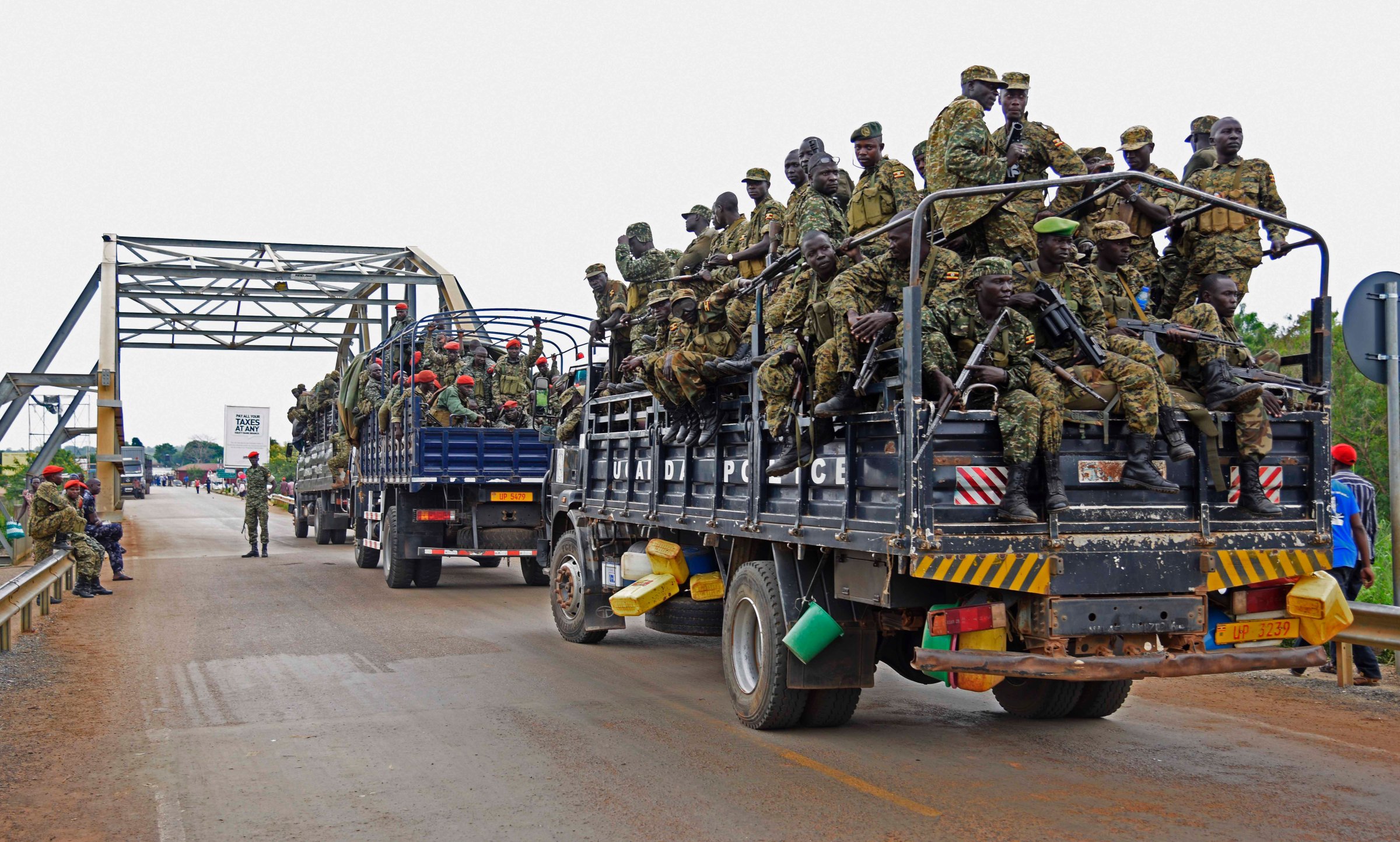
South Sudan can break your heart. Many of us who have devoted years to this country felt that when violence recently broke a fragile peace. But the reason the place breaks our hearts is because we love it. We love its people. We love their new nation. And we have faith in its future.
Observing from afar, you might be inclined to throw up your hands and think there will never be peace in a region that has known war for so long. But don’t. Those fighting are a tiny minority. Most South Sudanese remain the people who displayed such hopeful optimism when they became the world’s newest nation five years ago.
Independence came after decades of war with the government of Sudan, its neighbor to the north. Many thought that that war would never end. But it did, with a 2005 peace agreement that led to a referendum on secession. An overwhelming vote resulted in the birth of a new nation on July 9, 2011.
The fragile peace was too easily broken two years later by a few hundred fighters loyal to either President Salva Kiir Mayardit or Vice President Riek Machar, rivals in the revolution whose differences were never set aside. The violence spread to many parts of the country, widening longstanding ethnic divisions. International pressure on Kiir and Machar brought a cessation to hostilities in August, 2015, and a plan for a national unity government. That plan has been endangered by the latest fighting in Juba, the country’s capital.
War and violence often cause us to withdraw to our own safe boundaries, looking across at the “other,” wondering why they cannot live in peace as we do. That is certainly the way many look at South Sudan and other stubborn conflicts in the world today.
But consider our own history. Within a few years of the independence we celebrate every July 4, these United States almost came apart until a new Constitution replaced the Articles of Confederation. But that put off the question of slavery, not settled until we fought our own bloody civil war.
The travails of South Sudan, indeed of many countries only a few decades removed from colonial rule, parallel those of our nation. It has taken many, many years to build our own, still imperfect, roads connecting our divided peoples. Just as we did not give up on the United States, so we should not give up on South Sudan.
Its people want exactly what you do: peace, security, jobs. They want to be able to raise their children, to feed them, to educate them, to see them stride into the future with the dignity and confidence that seemed on the horizon at independence just five years ago. In other words, South Sudanese are exactly like us in their aspirations.
For over 30 years, Catholic Relief Services (CRS) has been one of the humanitarian agencies most active in South Sudan. We have worked closely with the Catholic Church, one the most respected and trusted institutions in a land that spent decades with little formal government. Church pressure was critical to the 2005 peace accord.
One of our ongoing projects, a U.S. government-funded program in Jonglei State that combines both emergency assistance and longer-term development work, is instructive. It taught us that the divisions that lead to violence disappear when people join together toward a mutual goal, especially when that goal is a new road. While those working together on construction learned to respect one another, the road itself connected people through trade, commerce and social interaction. Those who lived a few miles away had been the “other.” Now they were fellow South Sudanese.
So there is hope. What we need now is for the U.S. government to stay active, working both to alleviate suffering and bring an end to violent conflict. The U.N. needs to effectively carry out its mandate to protect civilians as it monitors conflict. Humanitarian actors must be able to reach those in need safely and securely.
Certainly we are frustrated, indeed heartbroken, with this setback. But we know that the best chance for a successful peace is to keep supporting the current peace process in a constructive way. We must pressure local, national and regional actors to implement it fully. The Transitional Government of National Unity needs to become a reality. The U.S. government worked hard both in the run-up to the 2011 referendum and in gaining the August, 2015 peace accord. Those efforts should continue unabated.
For the sake of the millions of South Sudanese, give peace a chance.
More Must-Reads From TIME
- The 100 Most Influential People of 2024
- The Revolution of Yulia Navalnaya
- 6 Compliments That Land Every Time
- What's the Deal With the Bitcoin Halving?
- If You're Dating Right Now , You're Brave: Column
- The AI That Could Heal a Divided Internet
- Fallout Is a Brilliant Model for the Future of Video Game Adaptations
- Want Weekly Recs on What to Watch, Read, and More? Sign Up for Worth Your Time
Contact us at letters@time.com